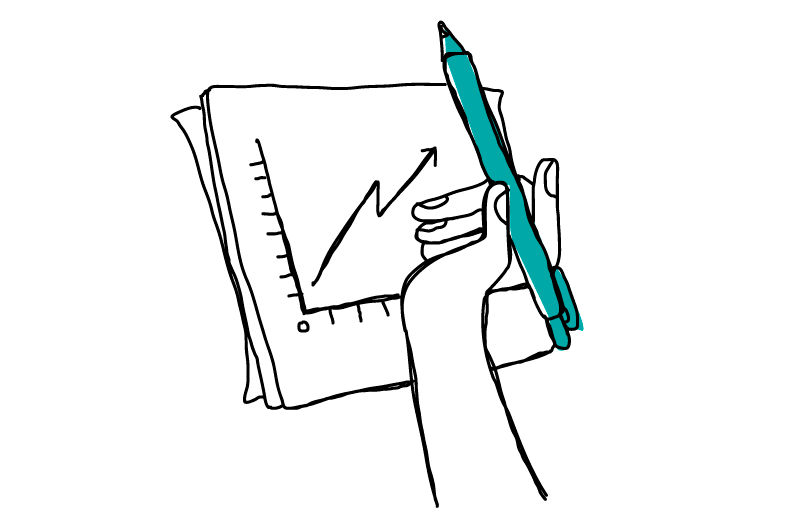According to Brigitte Marcoux of Beneva, employee assistance programs (EAPs) remain underutilized.
In an interview with the Insurance Portal, Marcoux, who is the director of practice excellence, health and wellness expertise at Beneva, indicates that the company will soon be able to share results supporting this conclusion, thanks to research being conducted by the Relief Research Chair at Laval University. The chair was created thanks to a $1-million donation made by Beneva, coupled with a $1-million donation from mental health network, Relief.
The results of a survey conducted by the chair will be unveiled publicly on June 29, 2023.
First published by the chair in 2022, in a report titled Portrait of Mental Health of SME Workers in Canada, the survey makes similar observations, namely that nearly half of the people working in small or medium-sized enterprises (SMEs), who have EAPs do not know about them or do not use them, Marcoux says.
Humans are not machines
"In 2023, we measured this data again. We will do it every year. This year, we have added two variables: Measuring the health of managers and measuring the impact of post-pandemic remote work on the mental health of Canadians in SMEs," reveals Marcoux. In an interview in 2022, Marcoux already mentioned that managers do not dare to ask for mental health help. She then observed that the problem is affecting more and more leaders and business owners who also feel isolated.
Marcoux notes that Beneva remains on the lookout for studies from various researchers on this subject, including those conducted by France St-Hilaire, a full professor at the Faculty of Medicine of Health Sciences at the University of Sherbrooke. In monitoring the different studies, Marcoux also observes that one in three managers say they are considering changing jobs because of stress at work.
"What stands out the most in the risk factors for psychological health among executives is the multitude of technological changes. They must adapt, follow the flow of technologies and always be at the forefront of the best, most efficient ones. We gain in efficiency and productivity, but the human being is not a machine. People have difficulty keeping up. It's a big concern, both among managers and business leaders," explains Marcoux.
She says the pandemic has accelerated this use of digital technologies. "This has increased the factors of psychological distress, especially among managers," she notes. She observes that one in four managers say they are not sure they can carry out the new responsibilities that come from new tasks brought on by new technology.
Expanded campaign
Why such underuse of EAPs when the problems are so glaring? Marcoux says mental health is rarely talked about. "I still find it fascinating to see that most companies offer support measures, employee assistance programs, but the problem is in the communication and the promotion of these services," she says.
In her surveys, like the one conducted by the Relief Research Chair, Marcoux says she hears people respond, saying they have an assistance program, but add that they don't know what it is or how to use it.
"I think health promotion is a large-scale marketing and promotion operation," adds Marcoux. She believes organizations must endorse employee support measures. "Unfortunately, organizations sometimes communicate as part of an isolated campaign, without doing it continuously."
Among other communication challenges, Marcoux believes it's necessary for managers to talk about these programs in their team meetings and encourage people to use assistance programs by explaining their features. "Every time I ask managers to explain to me what's in their employee assistance program, most say we can call a psychologist. But it's much more than psychological support," Marcoux says.
Meaning and self-management
Marcoux adds that Beneva is working on about ten other research projects that the insurer has commissioned from the research chair. "A longer study focuses on the meaning of work for young people, especially in the service industry. We know that it is often difficult to retain young people in customer service positions. What meaning should we give to work and how do young people perceive it?" she says about the research goal.
Another research study by the chair will include other partners from Laval University and will focus on the leadership of managers. "We touch on several aspects, always in a framework that emphasizes self-management in mental health. As a prevention tool, we want to put the person at the heart of their actions," explains Marcoux.
This article is a Magazine Supplement for the June issue of the Insurance Journal.















